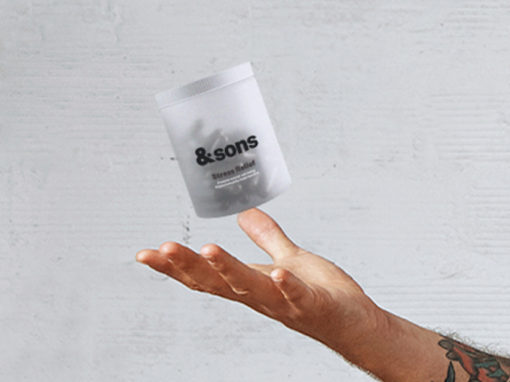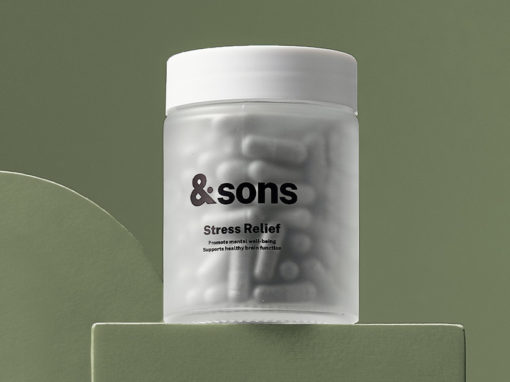There are many causes of mental health problems, but could your friendship be one of them? With this new norm, video calls, texting and virtual meet ups with your loved ones has become the new way to catch up. However, did you notice that these calls and virtual hang outs have become less frequent or even stopped as the months have passed? Is that a sign of simply being with other things or does it carry a deeper meaning?
One possible reason, according to experts is that the physical and mental exhaustion these video calls gradually lead to. What started out as a new and interactive way to communicate, now feels like an obligation and a zero-sum option to meeting loved ones. It can be extremely draining, especially if you find it difficult to say no. For that reason, putting a temporary “pause” on some relationships should definitely be something you consider for improving your mental health.
Below we have got all the details on how sometimes your friendships can affect your health. And if it does, learn how to take a step back and say no. Remember, putting yourself first isn’t vanity, it is sanity.
How To Identify Toxic Patterns in a Friendship?

Friendships are one of the most beautiful relationships ever but not all friends are good friends. And the best way to decide whether a friendship is toxic or not, is to be honest with yourself answer the question of how you really feel when you’re with that person.
Ask yourself these questions, be honest with your answers:
- Do you feel energized when you are with your friend?
- Do you see future without this person in it?
- Are you your best version when you are with your friend?
- Will you introduce your friend to your family?
From the answers you can tell whether the person is good for you or not. A good friend is someone that motivates you and makes you better when you are around them. Now, by answering these questions you can get an idea of what your friend brings into your life. If you are still confused, then try talking to a therapist to decide.
When To Call a Time-Out on (Certain) Friendships?

Understanding how and why to put a “pause” on relationships or friendships begins with learning to say no. Considering that your friendship could be a potential cause of your mental health problems, this is something you should seriously think about. It is normal to be struggling given how these past two years have turned out. The new normal, which includes working from home, social distancing and constant wearing of masks, should not affect your energy.
It may actually be other factors that are causing your feeling of mental exhaustion or fatigue. Some of these factors include unemployment or the fear of finding out a loved one has been diagnosed with COVID-19. To avoid these feelings, you may choose to narrow your social circle. For example, focusing only on friendships that are good for your mental health. This is also a perfect time to sit and reflect what is good, and keep the bad away.
Why Some Friendships Lead to Mental Fatigue?

The struggle is real when it comes to pleasing everyone, especially in times where we lack physical interaction and living in midst of uncertainties. Video calls are popular thanks to COVID-19, however, they can never replace in-person interactions. At times, virtual conversations may also feel forced or awkward. This is especially if you are not in a good place emotionally. This can lead to further anxiety and stress, wellhonestly you don’t need.
So, if you continue to meet expectations while also abandoning all care for yourself, you could potentially suffer from burnout syndrome. Burnout syndrome can cause you to feel drained, detached and less productive, and it can put you at an increased risk of severe mental health problems, such as clinical depression. So, learn to say no and only communicate and connect with those who truly care for you. Remember, you don’t have to please everyone!
What To Do Before Quitting Some Friendships?

All of us have a finite amount of mental and emotional capacity, and it is important to consider where we allocate our “resources”. If you are experiencing burnout, it is advisable for you to focus on maintaining relationships with only a few select family members and friends. In other words, nurture the reciprocal relationships, as they will be the ones who uplift you in the long run.
Without a doubt, you may lose a few friends along the way. On the other hand, take comfort in knowing that you will eventually come away from this ‘pandemic pause’. Cleaning out friendships that may be the cause of your mental health problems helps to make space for those relationships that are meaningful and purposeful.
Do yourself a favour before you decide to disengage temporarily from family members or friends. Be honest with them about your current physical, mental and emotional limitations. You may also set communication boundaries to re-establish these relationships once you have managed to do away with burnout completely.
How To Deal With The De-attachment?

It is a given that your mental and emotional health takes center stage when dealing with burnout or depression. But that does not necessarily mean that you have to completely shut yourself off from all forms of human interaction. As a matter of fact, total disengagement can actually trigger the symptoms of depression or anxiety disorders, which include:
- A feeling of hopelessness,
- Difficulty sleeping
- Excessive worrying
In fact, opening up to a loved one or seeking consultation with a mental health professional are effective options. Consulting a specialist will enable you to understand your mental state better. These professionals will be able to provide you with suitable treatment options, which will make you feel balanced and positive once again.
Having problems in your friendships? Don’t worry, we’re here for you if you need someone to talk to. Our trained counsellors host free anonymous group sessions, covering a range of topics. Sign up for it today and show up via Zoom anonymously. #mentalhealthmatters


